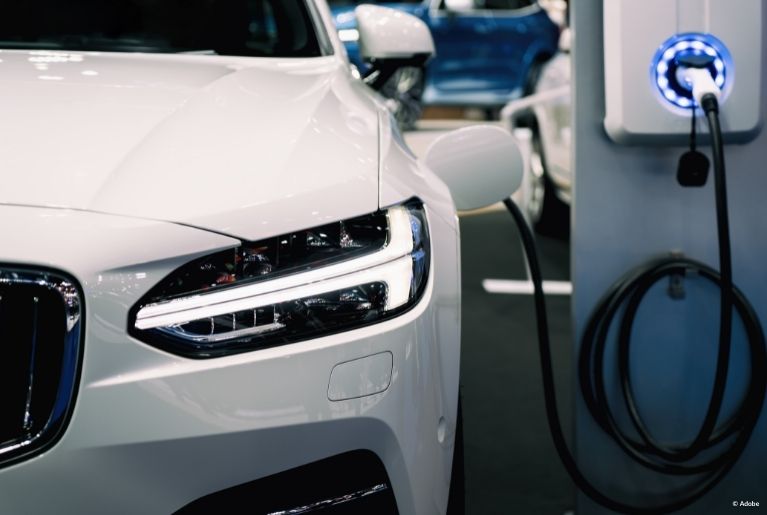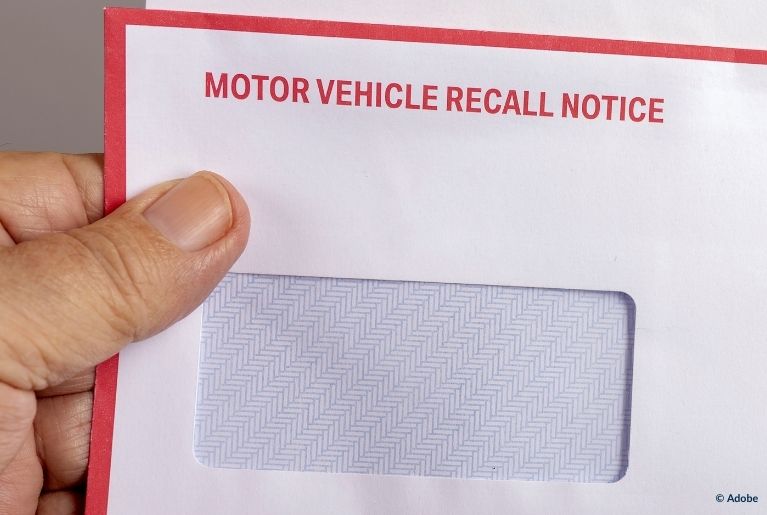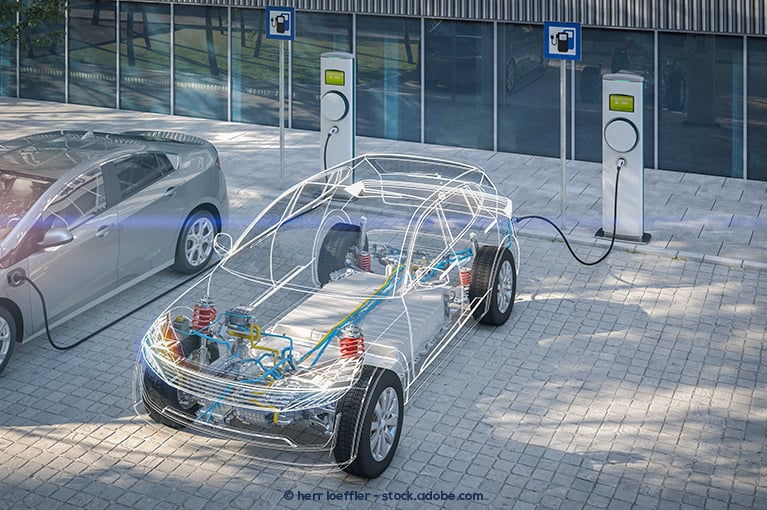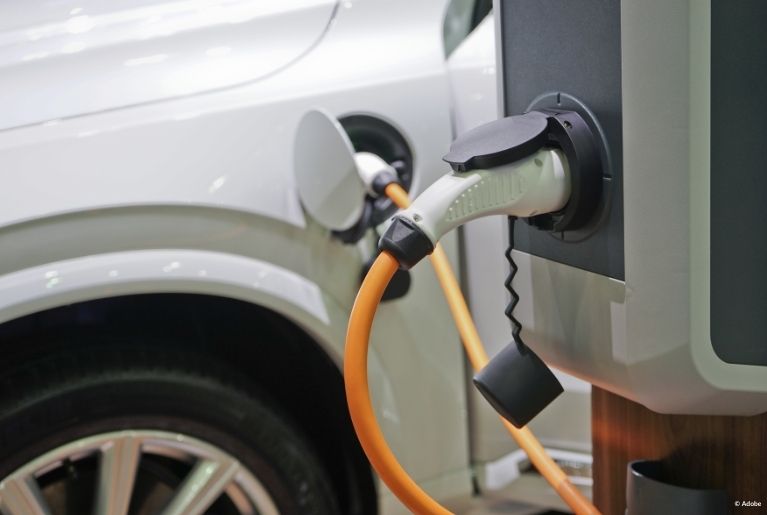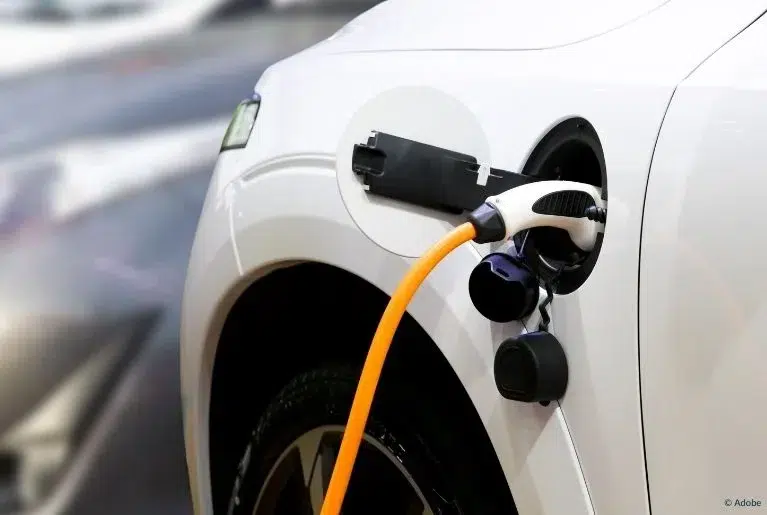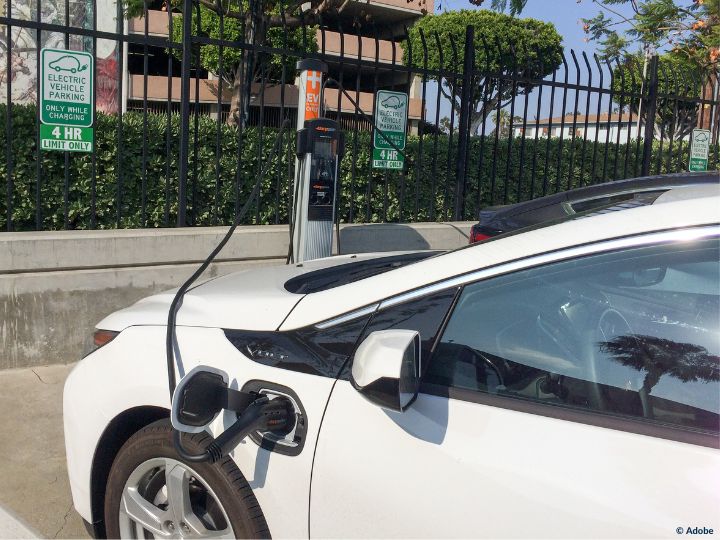General Motors issued multiple recalls of 141,000 electric vehicles due to the risk of battery fires. Thus far, the automaker found two possible defects that, if appearing in the same battery, would increase the risk of the lithium-ion battery catching fire.
 The recall includes all Chevrolet Bolt electric vehicles and electric utility vehicles from 2017 to present.
The recall includes all Chevrolet Bolt electric vehicles and electric utility vehicles from 2017 to present.
About a dozen Chevy Bolt fires have been investigated.
One possible cause is a folded separator. The separator is a thin sheet of material that separates the cathode (the positive electrode) from the anode (the negative electrode).
The other possible cause is a torn anode tab. The tab allows the cell to be wired into a module, or a group of cells, and into the battery pack.
General Motors told Bloomberg that fires in one module should not spread to nearby modules. However, a fire in one part of the battery pack can still substantially damage a vehicle. Compared to conventional vehicles, electric vehicle battery fires are particularly difficult to extinguish.
The recalls cost General Motors roughly $800 million this year, and could ultimately cost $1.8 billion. Production of Chevrolet Bolt vehicles was suspended, but factories are going to produce new battery modules. General Motors expects to start replacing battery modules in mid-October.
In the meantime, Chevy Bolt owners were advised to limit their vehicles’ charging capacity to 90%, avoid depleting their battery below roughly 70 miles of remaining range, park their vehicles outside 50 feet away from other vehicles, and avoid charging vehicles overnight.
Source: Car and Driver
Lemon Law Help by Knight Law Group is an automotive lemon law firm that exclusively practices in California, with offices in Los Angeles, San Francisco, Sacramento and Orange County. If you are a California resident who purchased or leased a defective vehicle from a licensed dealership in California, we may be able to help you get rid of your potential lemon and recover significant cash compensation. Model year restrictions apply: 2020–Present vehicle models only.
However, we cannot help those who reside outside of California or purchased their vehicle outside of California unless they are active duty members of the Armed Forces, nor will we be able to refer them to a lemon law firm in their states.
To learn more about the California Lemon Law and your legal rights, visit our guide on the California Lemon Law for more information.

